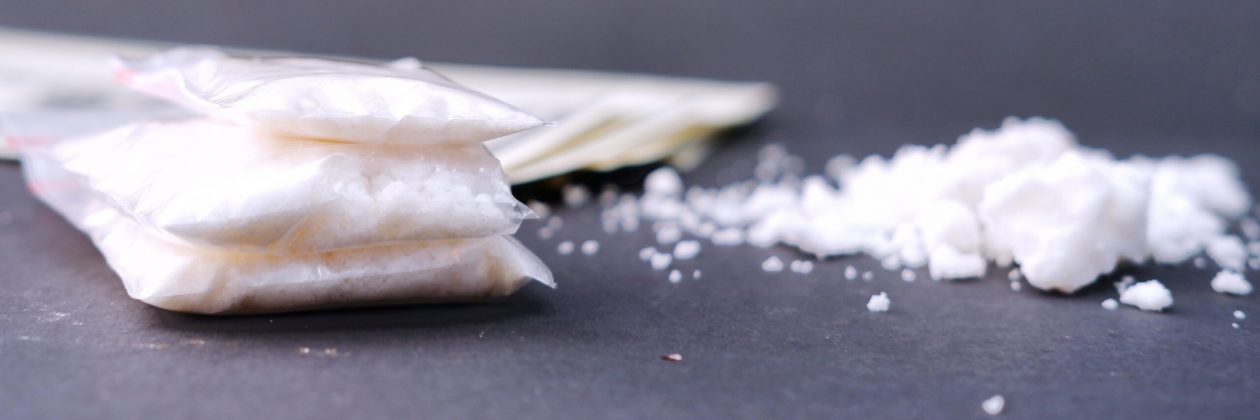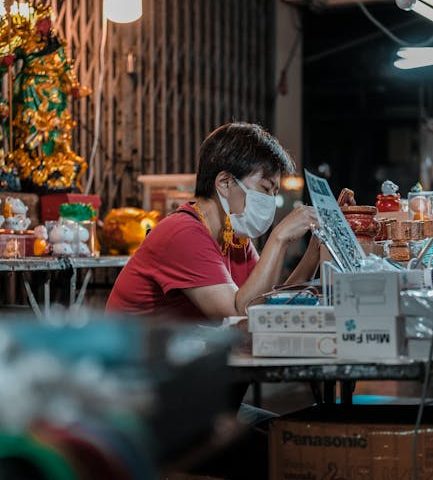Prague‚ the capital city of the Czech Republic‚ has seen a significant rise in the demand for Columbian cocaine in recent years. This article aims to explore the reasons behind this trend and the implications it has on the city’s drug scene.
Columbian cocaine‚ also known as “Peruvian flake‚” is a type of cocaine that originates from Colombia. It is known for its high purity and potency‚ making it a popular choice among drug users. The cocaine is typically produced in the form of a white powder and is often cut with other substances to increase its volume and profitability.
The Rise of Columbian Cocaine in Prague
Prague has become a hub for Columbian cocaine due to its strategic location and the city’s thriving nightlife. The city’s proximity to Western Europe and its well-developed transportation infrastructure make it an ideal location for drug traffickers. Additionally‚ Prague’s vibrant nightlife scene‚ which includes numerous bars‚ clubs‚ and restaurants‚ provides a lucrative market for drug dealers.
Reasons Behind the Popularity of Columbian Cocaine
There are several reasons why Columbian cocaine has become the top choice in Prague. These include:
- High Purity: Columbian cocaine is known for its high purity‚ which makes it more potent and desirable among drug users.
- Affordability: Despite its high purity‚ Columbian cocaine is often cheaper than other types of cocaine‚ making it more accessible to a wider range of users.
- Availability: The city’s proximity to Western Europe and its well-developed transportation infrastructure make it easy for drug traffickers to import and distribute Columbian cocaine.
Implications of the Rise of Columbian Cocaine
The rise of Columbian cocaine in Prague has significant implications for the city’s drug scene and public health. These include:
- Increased Addiction: The high potency and affordability of Columbian cocaine make it more addictive‚ which can lead to an increase in drug-related problems and health issues.
- Crime and Violence: The drug trade is often associated with crime and violence‚ which can have a negative impact on the city’s safety and security.
- Public Health Concerns: The use of Columbian cocaine can lead to serious health problems‚ including overdose‚ heart problems‚ and mental health issues.
Efforts to Combat the Issue
The Czech government has been taking steps to address the issue of Columbian cocaine in Prague. These efforts include:
- Increased Border Control: The government has increased security measures at the country’s borders to prevent the smuggling of cocaine into the country.
- Anti-Drug Campaigns: Public awareness campaigns have been launched to educate people about the dangers of cocaine use and the consequences of drug trafficking.
- Law Enforcement Operations: The police have been conducting regular raids and operations to disrupt the cocaine trade and arrest those involved in it.
Support for Those Affected
In addition to efforts to combat the cocaine trade‚ the government and non-governmental organizations are also providing support to those affected by it. This includes:
- Rehabilitation Programs: Rehabilitation programs are available to help individuals overcome their addiction and reintegrate into society.
- Counseling Services: Counseling services are provided to individuals and families affected by cocaine use‚ to help them cope with the emotional and psychological impacts of addiction.
- Support Groups: Support groups are available for individuals who have been affected by cocaine use‚ providing a safe and supportive environment for them to share their experiences and receive support.
The issue of Columbian cocaine in Prague is a complex one that requires a multifaceted approach to address. While efforts to combat the cocaine trade are essential‚ it is also important to provide support to those affected by it. By working together‚ the government‚ non-governmental organizations‚ and the community can help to reduce the demand for cocaine and mitigate its negative impacts on society.
It is also important to note that the issue of cocaine use is not unique to Prague‚ and that it is a global problem that requires a global response. By sharing knowledge‚ expertise‚ and best practices‚ countries can work together to address the issue of cocaine use and reduce its negative impacts on individuals and society as a whole.
Recommendations
Based on the analysis of the issue‚ the following recommendations are made:
- Increase funding for anti-drug campaigns and rehabilitation programs: Increased funding is needed to support anti-drug campaigns and rehabilitation programs‚ to help reduce the demand for cocaine and support those affected by it.
- Improve international cooperation: International cooperation is essential to addressing the global issue of cocaine use. Countries should work together to share knowledge‚ expertise‚ and best practices‚ and to coordinate efforts to combat the cocaine trade.
- Provide support to vulnerable populations: Vulnerable populations‚ such as young people and those living in poverty‚ are at increased risk of being affected by cocaine use. Support should be provided to these populations to help them avoid the risks associated with cocaine use.
Consequences of Columbian Cocaine Use
The use of Columbian cocaine can have severe consequences on an individual’s physical and mental health. Some of the common health problems associated with cocaine use include:
- Cardiovascular Problems: Cocaine use can lead to increased heart rate and blood pressure‚ which can cause heart attacks‚ strokes‚ and other cardiovascular problems.
- Respiratory Problems: Smoking cocaine can cause respiratory problems‚ including bronchitis‚ pneumonia‚ and other lung diseases.
- Mental Health Issues: Cocaine use can lead to mental health issues‚ including anxiety‚ depression‚ and psychosis.
Social Consequences
In addition to the physical and mental health consequences‚ cocaine use can also have social consequences. These include:
- Relationship Problems: Cocaine use can lead to relationship problems‚ including divorce‚ separation‚ and estrangement from family and friends.
- Financial Problems: Cocaine use can lead to financial problems‚ including debt‚ bankruptcy‚ and loss of employment.
- Legal Problems: Cocaine use can lead to legal problems‚ including arrest‚ conviction‚ and imprisonment.
Prevention and Treatment
Prevention and treatment are essential to addressing the issue of Columbian cocaine use. Some of the ways to prevent cocaine use include:
- Education and Awareness: Educating people about the dangers of cocaine use and the consequences of addiction can help prevent use;
- Supportive Environment: Providing a supportive environment‚ including supportive family and friends‚ can help prevent cocaine use.
- Alternative Activities: Providing alternative activities‚ including sports‚ hobbies‚ and creative pursuits‚ can help prevent cocaine use.
Treatment Options
Treatment options are available for individuals who are struggling with cocaine addiction. These include:
- Cognitive-Behavioral Therapy: Cognitive-behavioral therapy can help individuals identify and change negative thought patterns and behaviors that contribute to addiction.
- Medication-Assisted Treatment: Medication-assisted treatment can help individuals manage withdrawal symptoms and cravings.
- Support Groups: Support groups‚ including 12-step programs‚ can provide individuals with a supportive community and a sense of accountability.
It is essential to note that overcoming cocaine addiction is a long-term process that requires commitment‚ dedication‚ and support. With the right treatment and support‚ individuals can overcome addiction and achieve a healthy‚ productive life.






I found this article to be very informative and insightful, shedding light on a critical issue that affects not only Prague but also the wider European community. The author has done a great job in exploring the reasons behind the rise of Columbian cocaine in Prague.
This article is a must-read for anyone interested in understanding the complexities of the drug trade in Europe. The author provides a detailed analysis of the factors contributing to the popularity of Columbian cocaine in Prague, making it a valuable resource for policymakers and researchers alike.
I appreciate how the article highlights the implications of the rise of Columbian cocaine on public health, emphasizing the need for effective strategies to address addiction and related issues. The author raises important questions about the impact of drug trafficking on communities, making this article a thought-provoking read.